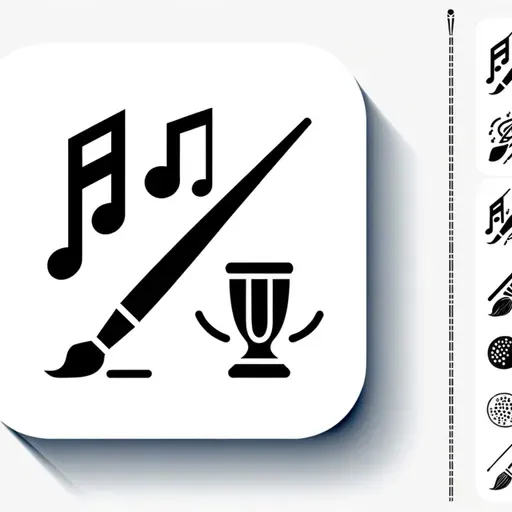
16 August 2025
The Science of Practice: How Repetition, Feedback, and Smart Strategies Unlock Mastery Across Skills
Practice makes perfect
About
Practice makes perfect is a phrase listeners hear everywhere, from the tennis court to the concert hall, but the real story is more complex—and far more powerful. Recent research at Carnegie Mellon University found that integrating practice with immediate feedback accelerates learning even more than traditional lectures do. Paulo Carvalho, a leading researcher, points out that practice doesn’t just highlight what we know, it quickly exposes what we don’t. According to him, sitting through a lecture feels productive, but only when confronted with actual problems does our true understanding, or lack of it, emerge.
This tracks with what cognitive scientists have confirmed for decades: repetition not only increases skill, but with time it can make actions almost automatic. Psychologists describe this as the “practice effect.” According to a 2025 analysis in the Journal of College Science Teaching, improvements from practice are multifaceted—changes occur not only in the mind, but also in the body and even in social contexts. Whether you’re mastering the violin or refining your coding, each repetition helps rewire neural pathways, gradually shifting the workload from conscious effort to instinctual execution.
Interviews with experts from science, sports, and the arts reveal a striking truth: innate talent is less critical than the sheer willingness to stick with sustained, focused repetition. Bloom’s studies showed that future experts, whether in athletics or the arts, typically began in childhood, guided by supportive coaches or teachers, and established disciplined practice routines early on.
But here’s where listeners should take heart: relentless repetition can lead to plateaus—those stubborn stretches where progress seems to stall. Fitness experts at Adaptive Strength and Movara note that plateaus are not failure, just signs that it’s time to challenge yourself with something new. Mix up your routine. Try adjusting intensity or stepping outside your comfort zone.
Most critically, balance matters. Overpracticing can result in burnout or injury. Prioritize recovery and set realistic goals. Periods of rest, reflection, and even fun are necessary for improvement and creativity. Olympians, concert soloists, and grandmasters alike all balance their grind with moments to recharge. Remember, practice doesn’t have to be perfect every session—it just needs to be persistent and smart.
This tracks with what cognitive scientists have confirmed for decades: repetition not only increases skill, but with time it can make actions almost automatic. Psychologists describe this as the “practice effect.” According to a 2025 analysis in the Journal of College Science Teaching, improvements from practice are multifaceted—changes occur not only in the mind, but also in the body and even in social contexts. Whether you’re mastering the violin or refining your coding, each repetition helps rewire neural pathways, gradually shifting the workload from conscious effort to instinctual execution.
Interviews with experts from science, sports, and the arts reveal a striking truth: innate talent is less critical than the sheer willingness to stick with sustained, focused repetition. Bloom’s studies showed that future experts, whether in athletics or the arts, typically began in childhood, guided by supportive coaches or teachers, and established disciplined practice routines early on.
But here’s where listeners should take heart: relentless repetition can lead to plateaus—those stubborn stretches where progress seems to stall. Fitness experts at Adaptive Strength and Movara note that plateaus are not failure, just signs that it’s time to challenge yourself with something new. Mix up your routine. Try adjusting intensity or stepping outside your comfort zone.
Most critically, balance matters. Overpracticing can result in burnout or injury. Prioritize recovery and set realistic goals. Periods of rest, reflection, and even fun are necessary for improvement and creativity. Olympians, concert soloists, and grandmasters alike all balance their grind with moments to recharge. Remember, practice doesn’t have to be perfect every session—it just needs to be persistent and smart.